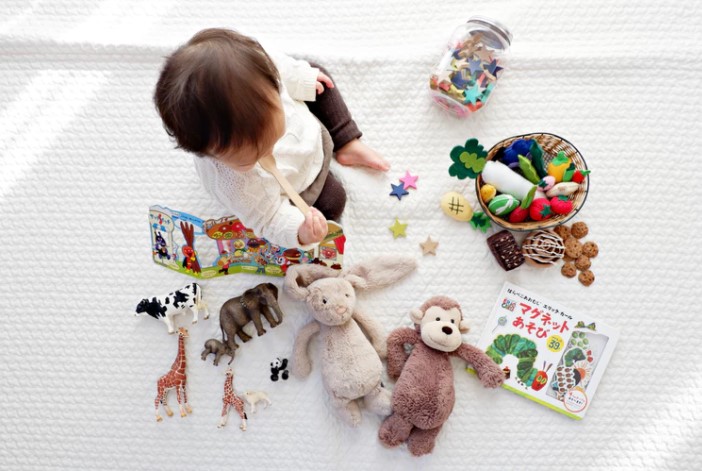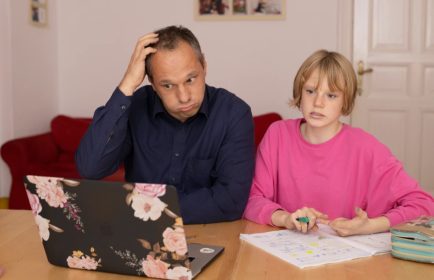Over the period of three years your child’s life is another whirlwind of development. If the second year was all about finding his or her feet, the third year is about finding their voice. Your child language skills are growing daily and so are the physical, emotional, social, and cognitive skills. If you want to help your child to develop these skills, try this
Challenging: Every day, give your child an opportunity to dress herself, walk up steps by herself, wash her own face, and take other little steps toward being independent. Of course you can’t expect her to master all these skills, but cheering on the progress she makes each day gives her the confidence to keep trying. Not long from now she’ll be telling you she can do it all by herself, thank you very much.
Drawing: Your toddler’s fine motor skills are at work when she draws pictures, or rather, scribbles. And there’s nothing to stop you from joining in. You can have little draw-offs with your child, where you challenge her to draw something for you and in return you draw something for her. Get your child to explain what her pictures are about, rather than giving empty praise for her work. Ask lots of questions about what she’s drawing and repeat back to her in your own words what you’re looking at; for example, “Okay, I can see a house, a cat, and a dog” (which will probably look like three circles on paper at this stage). Remember — the accuracy of her drawing doesn’t
Hanging out: If your child doesn’t go to day care, you’ll need to arrange some social situations for her to meet other children and play with them. This helps your child learn about sharing, cooperating, and language. She’ll also see other people her age.
Making stuff: How many cereal boxes did you believe were rocket ships when you were a kid? Resurrect your imagination (that thing you gave up when you became an adult), and use it to help your child create all sorts of toys and playthings from everyday objects. See the section “Fun and games” later in this chapter for some ideas.
Reading: You can’t read too much to a young child. Bringing your enthusiasm for reading to each story session encourages a love of words; stimulates your child’s interest in the topic being read about; and creates a warm, secure bond between the two of you. While your toddler wants you to read the same story over and over, mix it up a bit with different authors, styles, and topics that challenge her.
Talking: Your toddler learns her language from hearing you talk to her. Though she hasn’t mastered getting her lips, mouth, and tongue to do exactly what adults can do, she’son her way.
Waiting: Like time, toddlers wait for no man — or anything else. Patience doesn’t come naturally, so provide examples of good things that take time, such as cooking food in the oven, or planting seeds and keeping tabs on their growth. Doing jigsaw puzzles is another excellent way to help her develop patience and persistence to complete a task.































Comments